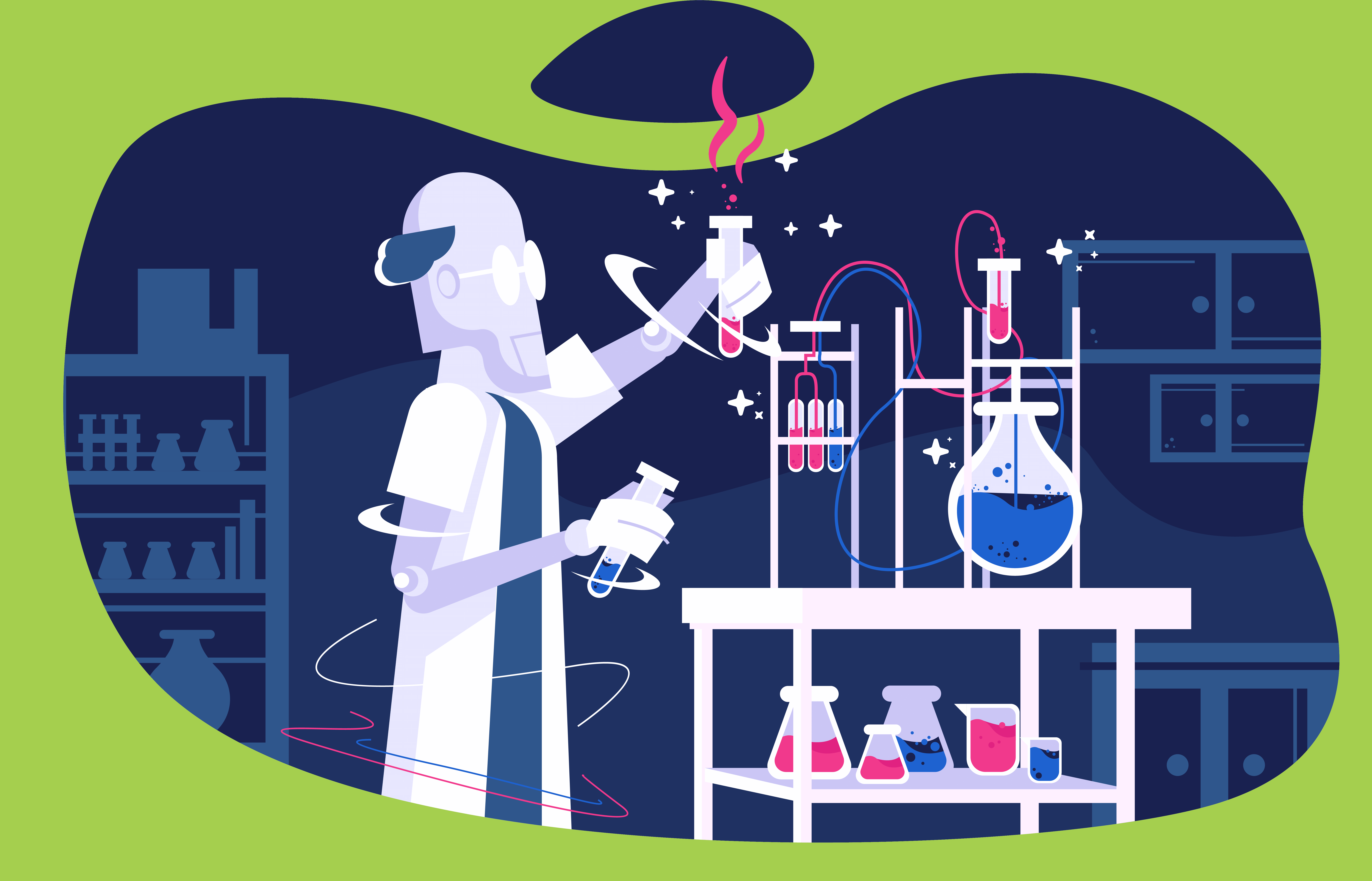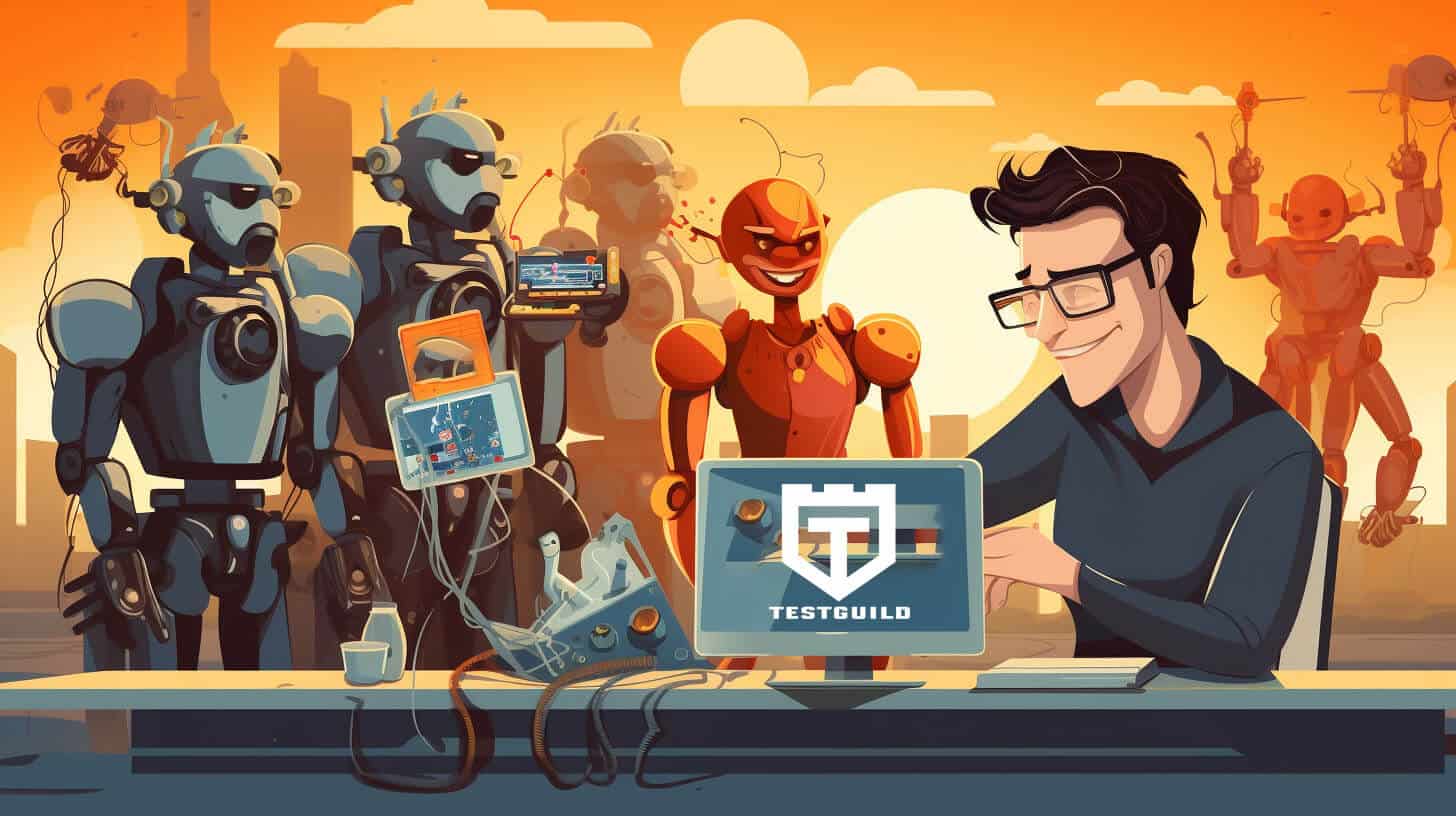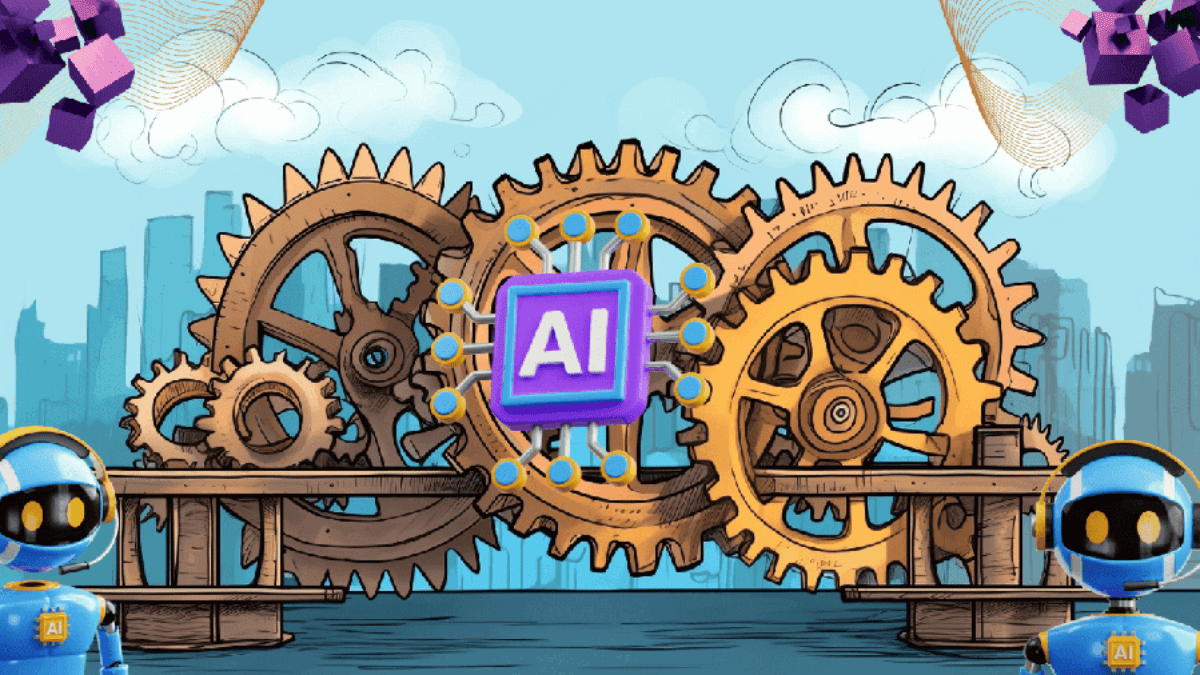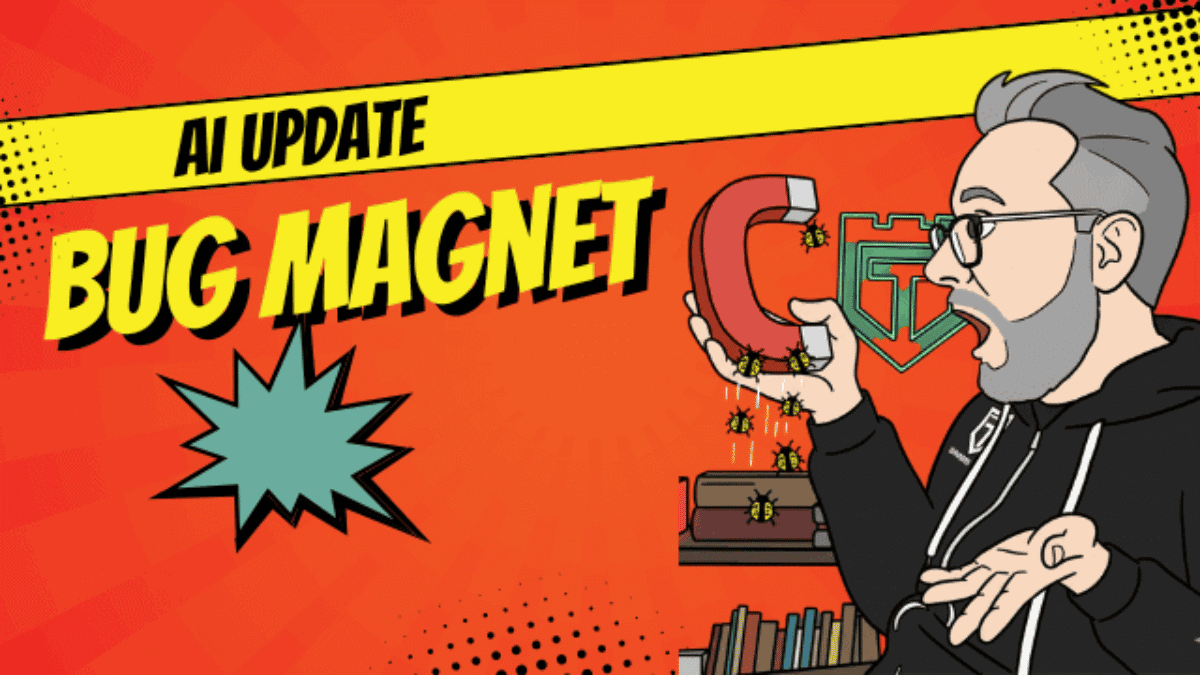I recently had a cool discussion with Alex Chernyak, Founder of ZapTest, about how test automation has advanced and changed a ton over the past few decades.
Like me, Alex has over twenty years of experience in test automation, dating back to the early days of tools like Mercury WinRunner.
This article is based on his unique perspectives on the progression of test automation, the increasing role of AI, and advice for testers, developers, and executives when implementing automation.
Ready?
The first point he mentioned that I think every tester should know is how SDETs can contribute to their companies’ BizOps efforts.
How?
Let’s find out.
Bridging DevOps and BizOps Through Automation
I’ve always said that test automation should be applied beyond functional testing applications to automate business operations. And Alex agrees!
For some reason, one area most testers neglect when looking to contribute more to their organization is focusing on business operations—often referred to as BizOps.
Based on my 20+ years of experience in the field, test automation has been centered on QA teams validating software applications in a DevOps context. However, Alex and I see tremendous potential to expand automation into BizOps.
How can this be done?
The central way test automation engineers can start contributing to BizOps is by using their existing skills to help streamline and automate processes throughout their organization.
Some key areas that I’ve found to be an excellent place to start are:
- HR: automating onboarding, payroll, benefits management
- Procurement: automating purchasing, invoice processing, vendor management
- Finance: automating reporting, accounting, auditing
- Customer Service: automating ticketing, complaint tracking, chatbots
- Sales and Marketing: automating lead generation, campaign tracking, analytics
The list goes on.
Basically, any business process that involves repetitive, computer-based tasks is a potential automation candidate.
This approach is what I like to call “automation awesomeness.”
Anything in the SDLC that can be automated (not just functional tests) to save time and improve your team's efficiency should be automated.
The key is getting buy-in from business operation leaders and then partnering with test automation teams who can transfer their technical expertise.

4 Benefits of Promoting DevOps BizOps Automation
As Alex points out, this requires some education and evangelizing the benefits, including:
- Improved efficiency
- Reduced costs
- Faster processes
- Reduced human error rates
I’ve found that once the cultural appetite for automation exists in an organization, technical implementation becomes more effortless.
What’s great nowadays is that many modern test automation tools like ZAPTEST are flexible enough to adapt to DevOps and BizOps / TestOps use cases.
Growth Opportunity for Testers
This expansion from purely software testing into business operations automation represents a great opportunity for testers to expand their reach, influence, and apply their existing skills.
I’ve heard from several teams on my podcast who have embraced this approach and then seen their organizational influence and value skyrocket.
Rather than always having to be seen as a “cost center,” testers begin to be seen as more of an added value.
But isn’t this difficult to do? What’s the secret?
The key is taking the skills and mindset you’ve already developed as a test automation engineer and applying them more broadly across your business.
As Alex suggests, one way to do this is partnering with business operations teams in areas like HR, procurement, and accounting to help automate their manual processes.
This allows testing teams to act as “evangelists” who bring the benefits of automation to the entire organization.
Another enabler of moving beyond DevOps to BizOps is the advancement of machine learning in testing.

6 Ways You Can Use AI in Test Automation
Like most people in the software testing space, Alex is incredibly excited about the possibilities AI unlocks for advancing test automation.
He believes AI will revolutionize the field over the next 5-10 years.
How, you ask?
Specifically, Alex is building machine learning capabilities into ZAPTEST to handle several common test automation pain points:
- Object recognition – AI can identify UI elements and dynamically generate object selectors, even as the application changes over time. This removes the brittle reliance on static locators.
- Automatic test case generation – AI algorithms can analyze application features and behavior to generate test cases covering key use cases automatically. This reduces manual scripting time.
- Root cause analysis – When tests fail, AI can analyze execution data across multiple test runs to determine failure patterns and probabilistically identify high-likelihood root causes. This simplifies troubleshooting.
- Self-healing tests – Using root cause analysis, AI can dynamically adapt tests to account for application changes without breaking scripts. This reduces maintenance costs.
- Optimizing test data – AI techniques can generate and manage test data that maximizes coverage of edge cases, validations, and potential defects. This improves test effectiveness.
Once again, these are the same areas I’ve heard discussed by other AI testing experts regarding how AI/ML can help with automation in testing.
Does AI replace Testers?
Does this mean that AI will eventually replace testers?
I don’t believe so, nor do most software testing experts I know.
While testers will still be needed to provide application context, determine testing objectives, and confirm results, AI will help automate the busy work. This is awesome because it will, in turn, enable testers to focus on high-value testing activities while achieving previously impossible automation coverage and productivity gains.
Alex said forward-looking teams should embrace AI-enhanced test automation today to gain a competitive advantage. With the right talent and tools like ZAPTEST, AI is the next stage in unlocking testing's full potential.

Advice for Automation Testing Success
I always ask guests on my show for actionable advice that folks can immediately implement to help them with test automation.
Alex offered three:
- For executives: Automate anywhere you can. Having an “automation-first” culture will keep your company competitive.
- For developers: Choose adaptable tools and frameworks that allow broad test coverage across platforms and applications. Focus on cross-platform automation.
- For all: Carefully consider processes around automation based on your needs. Distinguish between subject matter experts who can design test cases and automation engineers who script the tests.
After reading this, I hope you, like Alex, firmly believe that repetitive, computer-based tasks are candidates for automation. Companies can transform operations through intelligent automation with the right culture, adapted processes, and enabling technology like ZAPTEST.





